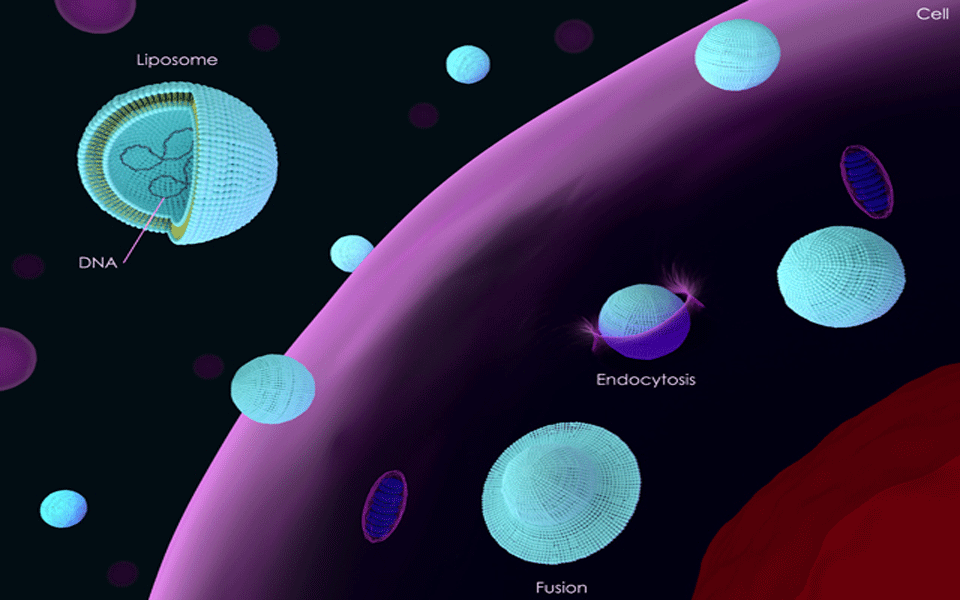Sydney, July 16 : In a step further to identify range of cancer treatments available to patients, scientists have developed drug-filled nano bubbles triggered in the body by X-rays which may help kill the malignant cells.
The tiny bubbles, known as liposomes, are commonly used in pharmacology to encapsulate drugs, making them more effective in the treatment of disease and researchers have now been able to engineer these liposomes to discharge their drug cargo on-demand, once activated by standard X-rays. Initial testing has shown this technique to be highly efficient in killing bowel cancer cells.
"The development and application of various nanomaterial designs for drug delivery is currently a key focus area in nanomedicine," said lead author Wei Deng, fro ARC Centre of Excellence for Nanoscale BioPhotonics (CNBP), Australia.
"Liposomes are already well established as an extremely effective drug-delivery system. Made out of similar material as cell membranes, these 'bubbles' are relatively simple to prepare, can be filled with appropriate medications and then injected into specific parts of the body. The issue however, is in controlling the timely release of the drug from the liposome," Deng added.
For the study, published in the journal Nature Communications, the team embeded gold nanoparticles and the photo-sensitive molecule verteporfin into the wall of the liposome, in a laboratory setting
The X-ray radiation caused the verteporfin to react and produce highly reactive singlet oxygen which destabilisesdthe liposomal membrane, causing the release of the drug, Deng explained.
"The gold nanoparticles are added into the mix as they focus the X-ray energy. This enhances the singlet oxygen generation and hence improves the speed of the membrane breakup," she added.
The liposomes were filled with chemotherapy drug called doxorubicin, which killed the cancer cells far more effectively than without X-ray triggering
Thus, controlling the timely release of the drug from the bubble is very crucial, Deng said.
Let the Truth be known. If you read VB and like VB, please be a VB Supporter and Help us deliver the Truth to one and all.
Ghaziabad (UP) (PTI): Three minor sisters died after allegedly jumping off the balcony of a ninth-floor flat in Ghaziabad early on Wednesday, police said.
Assistant Commissioner of Police (Shalimar Garden) Atul Kumar Singh said the police received information around 2.15 am about three girls jumping off the balcony of the ninth-floor apartment in a tower of Bharat City, located under the Teela Mor police station area.
On reaching the spot, the police found that the girls -- Nishika (16), Prachi (14) and Pakhi (12) -- daughters of Chetan Kumar, had fallen to the ground floor and suffered fatal injuries, the ACP said.
They were rushed by ambulance to a hospital in Loni, where doctors declared them dead on arrival, he added.
The police have initiated legal formalities and are investigating the circumstances leading to the incident, officials said.





